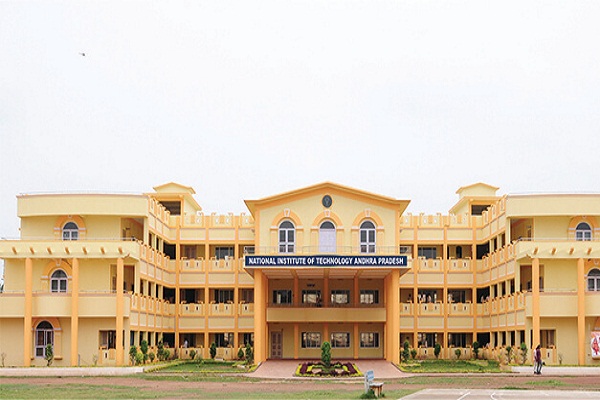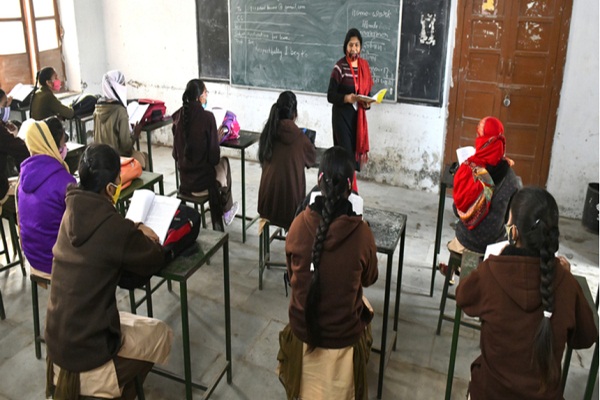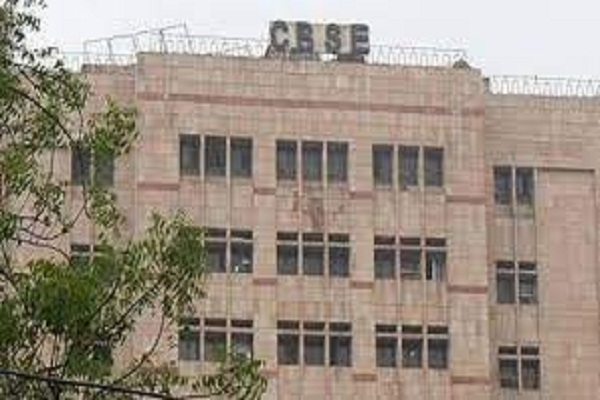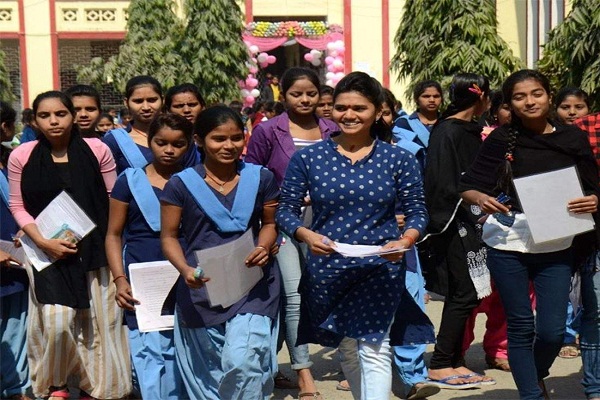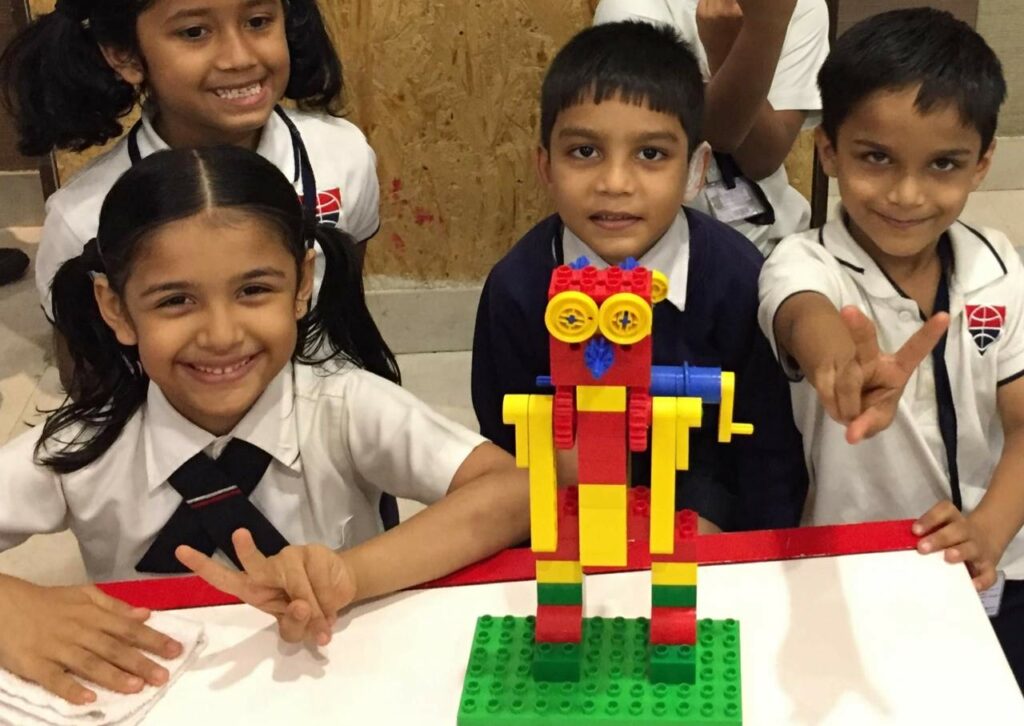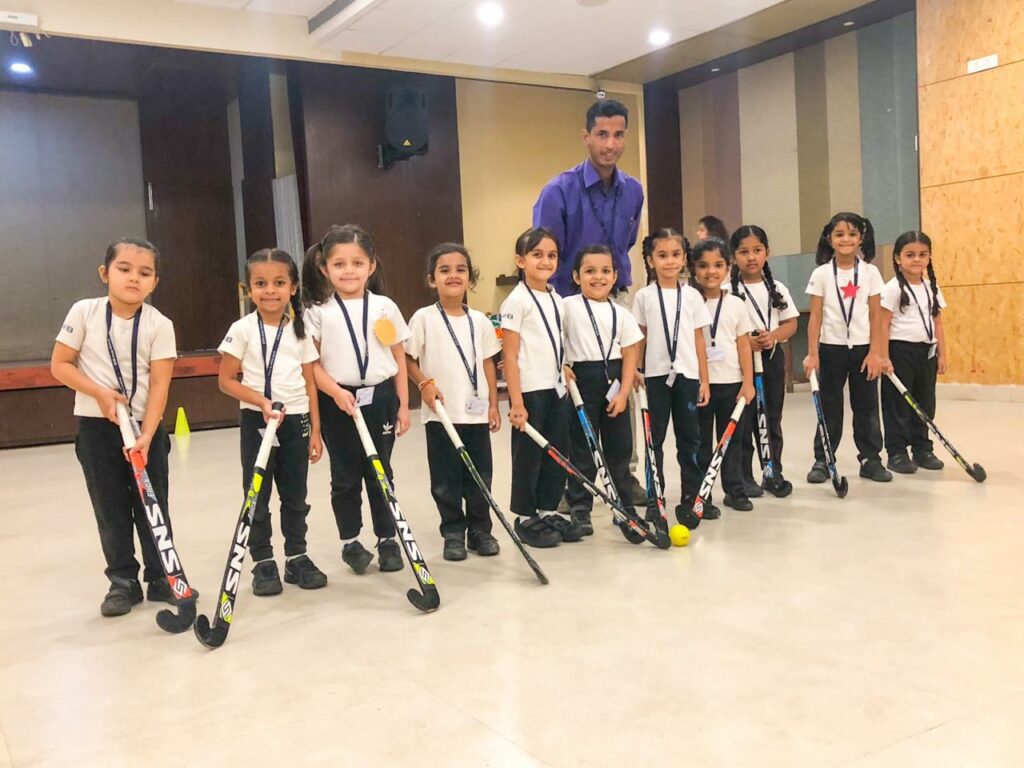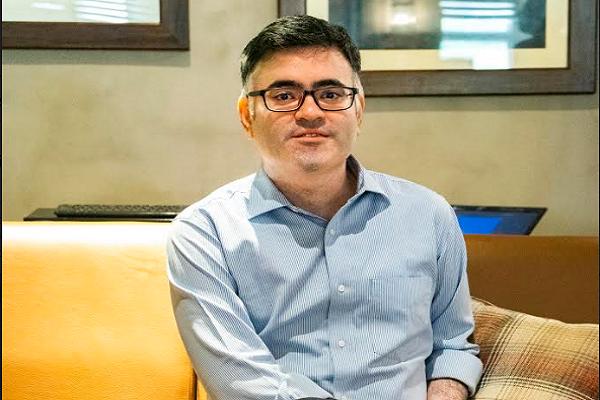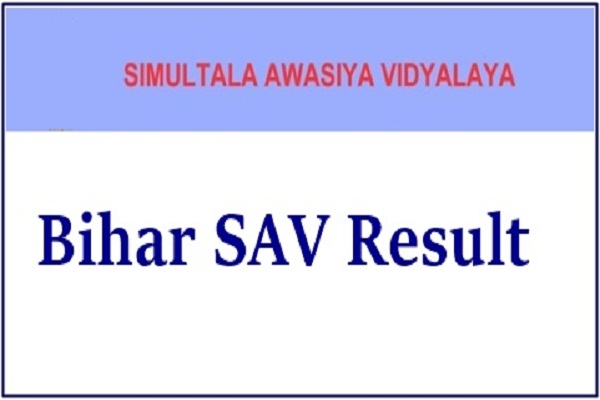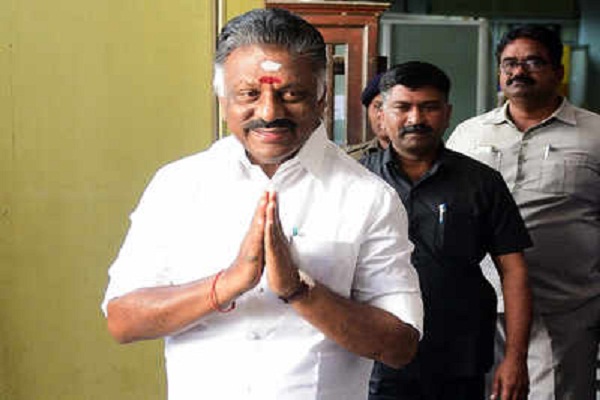The outbreak of Covid-19 pandemic brought a lot of uncertainty. During this time, it became more pivotal to choose a good B school that can help in ensuring a better future for the students. To understand, how Sunstone, a trusted name in the education fraternity maintained its record with 150% placement and also took this challenging situation as an opportunity to engage students in multiple internships online, Elets News Network (ENN) spoke to Ashish Munjal, Co-Founder & CEO, Sunstone Eduversity.
Excepts of the interview:
How are the programs offered by Sunstone Eduversity distinct from those offered by its peers?
The factors that play a major role in your decision of choosing the right B school are ROI, faculty, campus, and placements. Sunstone is one B school that focuses on all these points, which is what sets it apart from programs offered by its peers.
ROI
Sunstone takes complete accountability for its students’ successful careers, by making them industry-ready, getting them placed, and then taking care of the tuition fee. Sunstone’s pay-after-placement fee structure is a distinctive policy that requires students to pay their tuition fee only after they have been placed.
Faculty
The curriculum at Sunstone is at par with the changes taking place in the industry and has a sound corporate advisory board to back up and enhance these updated changes. A faculty at Sunstone, Vanelaa Kohli shares, “We have a tech-led approach and deep learning at the foundation of every initiative we take. We thrive on feedback loops to improve student experience & learning, thereby delivering industry-ready graduates.”
Campus
Where many B schools have established their campuses, Sunstone partners with the best campuses across the country to provide students from varying backgrounds and cultures with a uniform, high-quality management education equipped with world-class facilities.
Also read: Imparting Skill-Based Training through Constructivist Approach
Placements
With a compulsory 800 hours of employability training and boot camps during the course, Sunstone’s exhaustive efforts in development aligns with the 9-month long internship period that it provides. Equipped with industry-ready knowledge and the know-how of online working, students from Sunstone are always preferred by potential recruiters. This has allowed Sunstone to maintain a record of 150% placement. Sunstone also offers a common platform access for placement opportunities. Taru Prashar, an ex-student at Sunstone shares about the placement & learning hub: “Every day we used to get 8-10 opportunities on the hub, much much more than what my friends get in their colleges. I just loved the placement hub because it was so easy, I could apply to any job, and track all my processes in one place”. All these factors make Sunstone different from every other B school and provide students with the best return on their investment.
Please explain more about Sunstone Eduversity’s pay-after-placement model and APT (Accountable, Pragmatic, Tailored) approach. What purpose are they fulfilling?
Sunstone takes accountability for a student’s career through fee payment plans with zero financial risks and an industry-aligned curriculum. The pay-after-placement fee structure is a distinctive policy that requires students to pay their tuition fee only after they have been placed.To deliver on this promise, Sunstone provides students with a curriculum vetted and curated by industry experts. By regularly updating the curriculum, Sunstone inculcates a pragmatic approach through a vast number of applied specializations and paid internships suited to the demands of the industry. Canvas, Sunstone’s learning management system is tailored to provide each student with a customized learning path, remedial modules, and personalized feedback.
How many campuses does Sunstone have and where has it expanded recently?
Sunstone currently has 19 campuses across 15 cities. Sunstone’s partner campuses are spread across India, covering all the key educational hubs. Sunstone presently has 3 campus partners in the northern region, 3 in the Delhi-NCR region, 3 in western region, 3 in the eastern region, 2 in Indore as part of central India, and 5 in the southern region. Sunstone’s aim is to make quality management education accessible to as many aspiring professionals as possible, which is being executed through continual expansion across every region of India. With an unprecedented growth of 5X, compared to other players in the segment, Sunstone has expanded campus partners from 3 cities in 2019 to 15 cities in 2021.
What are your future expansion plans?
In alignment with the motto, #EducationThatWorks, Sunstone aims to shape the management education as a career development opportunity for all students. Sunstone Eduversity has a robust product development plan, already in motion with an aim to partner with 100+ campuses by 2023. This year Sunstone has launched a BBA program, making it India’s first pay after placement BBA program. Along with expanding to new regions, Sunstone has achieved global standards by providing students an opportunity to learn from the world’s top business hubs: Dubai, Singapore, and Malaysia, in a 10-day global immersion program included in the MBA/PGDM/BBA programs. Sunstone also conducts several competitions, welcome activities, workshops, bootcamps, etc to enhance engagement and exposure among students along with increasing brand reach. There has been an exponential student base growth from 300 in 2019 to a whopping 2100, showing a 7x increase. Sunstone is set to complete digital automation of academic processes, equipped with an efficient data stack. The tech-led approach enables students to get comfortable with various digital platforms and provides students with a customized learning curve.
How have the campus placements gone during this pandemic year?
Despite the uncertainty brought upon by the pandemic, Sunstone has maintained its record with 150% placement. Using this challenge as an opportunity, Sunstone offered its students to engage in multiple internships online. Alongside that, workshops were also introduced to students which helped them become well-versed with the online culture. The data gathered through classroom tech, placement tech and LMS fuels Susntone’s learning systems which expose students to the latest and trending concepts & products in the market. Equipped with this knowledge and the know-how of online working, students from Sunstone are always preferred by potential recruiters. As opposed to other B schools, a student at Sunstone gets 20x the number of placement opportunities due to its pan India scale. Although there was a dearth of job offers in the post-pandemic world, students from Sunstone have all been placed in their desired companies.
How did you manage to achieve this stellar growth in a year that has been all about EdTechs?
At Sunstone, the motto is very simple: to provide students with an education that works. High impact elements such as learning systems, training & placement programs, and student experience, along with the existing low impact layer of basic infrastructure and generic curriculum deliver better learning outcomes and scale uniform student experiences. With tech as the core solution to all problems, Sunstone has effortlessly made a swift transition from an offline to an online learning mode, in the post-covid times. Maintaining a record of 150% placement, Sunstone has proved its tenacity to not only provide multiple job opportunities to students but to also equip them with industry-ready skills to survive in the work sphere. As an accountable, trustworthy higher education opportunity provider, Sunstone’s drive to create industry-ready professionals is what has led to its stellar growth and expansion within a span of just 2 years.






